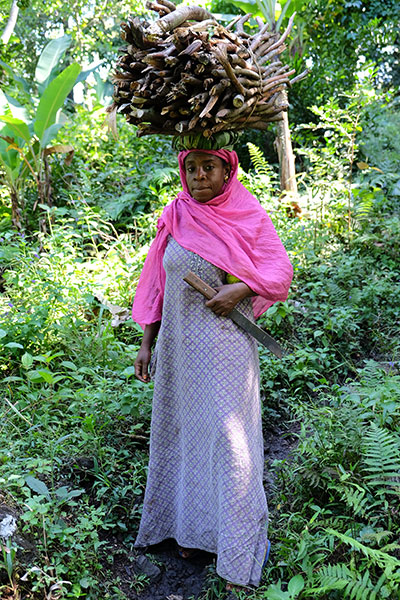Campaigning for women's rights is very close to my heart. Because of this, I wanted to be present and take part in the debates of the 62nd session of the Commission on the Status of Women here in New York.
Time and again, UNCTAD has demonstrated how economic activities, and trade in particular, can create opportunities for women’s empowerment and well-being, specifically in rural areas.
Across developing countries, agriculture remains the most important source of employment for women, particularly in the poorest countries: about three quarters of employed women in the least developed countries work in agriculture. Rural women, however, continue to face gender-specific challenges and discrimination in rural labour markets.
In too many places still, women have limited access to land, limited access to credit, to labour markets, and limited access to education. How can we ask women to be more involved ineconomic activities if such basic requirements are not fulfilled?
I recently heard from a female trader from Ghana who said that not long ago if a husband died, the wife lost their land.
It goes without saying that these gender-based obstacles clearly diminish women's potential economic role in rural areas, without crediting their entrepreneurial capability.
It’s discrimination like this that stirs me to defend the rights of rural women and create awareness in the city that never sleeps.
Fighting for women's rights is very broad, and the scope we must look at is much broader. It stretches well beyond trade-related challenges, and basic principles of equality between men and women in our society: that is, access to loans, to a bank account, to own a property, and many others.

In addition to equal laws and equal access, which are a prerequisite to any form of economic engagements, the obstacles very often remain cultural. Many believe it is not right if a woman earns more than her husband.
And where laws do exist, the women may not be respected, and are often ‘seen but not heard’ when it comes to decision making.
All this still occurs despite the fact that rural women play an essential role in ensuring household food security and nutrition, through cultivation of home gardens, as wageworkers and through jobs like food preparation.
We need to join forces to ensure equality for rural women, for the benefit of all. Yes, the task is enormous, but the potential worth striving for!


